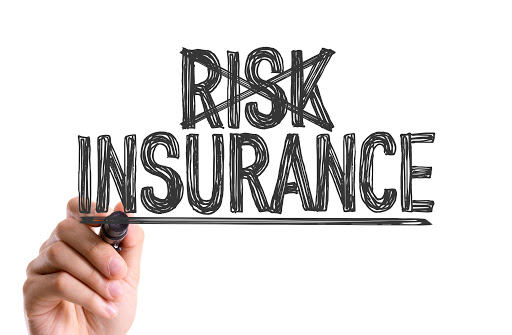It’s easy to see why some property investors think landlord insurance is an unnecessary expense. They pay thousands of dollars in premiums over the life of their investment and, unless something goes wrong, they never really see a return.
Obviously, there’s the peace of mind that comes from knowing your property is protected, but does the reduced risk really justify the cost? And, shouldn’t carefully selecting tenants be good enough to protect rental property from most major issues?
What is landlord insurance?
Landlord insurance is designed to protect investors from the financial risks associated with renting out their property. Depending on the type of policy and company providing it, landlord insurance will usually cover:
- Damage and theft by tenants, their guests, or others
- Injury caused to your tenants, their guests, or others, while on your property
- Loss of income due to tenants defaulting on rent payments or breaking their lease
- The cost of have a tenant evicted
- Damage caused by natural disasters, like fires, floods, and storms – this may also include any loss of rent after a natural disaster (e.g. if your property is unliveable as a result of a fire).
What should I consider when choosing landlord insurance?
As the terms and conditions of your landlord insurance will depend on the policy type and provider, it’s important to read the Product Disclosure Statement (PDS) carefully. In particular, you should take note of:
- How much it will cost you? The price of your policy will depend on a number of things, like what you will be covered for and how much your property is worth. The location of your property can also impact your premiums, as many insurers review historical data to forecast the risk of issues like rent defaults and damage by tenants.
- What you will be covered for? Generally speaking, cheaper policies will offer less coverage. This is not necessarily a bad thing, as there are some inclusions you can probably do without. However, if you would like to be protected from things like pet damage, legal / reletting fees, and natural disasters, it’s important to make sure they are part of your policy.
- What your excess will be? Another way insurance companies save money is by setting higher excesses. This usually means they pay out on less claims (as only major events are covered) and you will need to foot more of the bill if there is an issue.
So… is landlord insurance really worth it?

Even if you maintain your property, or carefully select your tenants, accidents happen – rent payments can be missed, tenant’s guests can damage the fittings or flooring, and heavy rain can lead to water damage. As such, adequate property investment protection is important as it helps minimise the impact of these issues, when they arise.
That being said, it’s important to make sure you have the right level of cover – too little will leave you exposed if something happens, too much can impact on your rental returns. To help find the balance, ask yourself these questions:
- Is your property furnished? If it is, you may want to take out home and contents insurance to cover any potential damage to your possessions. If it’s not, building-only insurance might be good enough – though, this will usually not cover fittings and floor coverings.
- Will you allow pets? If so, you may want to include coverage for pet damage.
- Are you in a bushfire or flood prone area? If so, you may want to make sure you’re covered in the event of a natural disaster.
- What level of risk are you comfortable with? The right level of insurance will depend on how much protection you would like. For example, do you just want to be covered for theft, or also for malicious and accidental damage – the former will be cheaper, but the latter protects you in more circumstances.
While it might be tempting to minimise your expenses by choosing the cheapest / most basic policy you can find, this can cost you in the long run. It’s also worth bearing in mind that your landlord insurance premiums may be tax deductable as they are an expense related to your investment.
Want more information?
If you do not have landlord insurance, or are considering updating your coverage, sites like Canstar allow you to compare multiple providers and policies. This can help you get a sense of standard inclusions and how much the protection you would like could cost.
Alternatively, if your property is managed by Local Agency Co., we would be more than happy to arrange insurance for you. Just let your property manager know the kind of coverage you would like, and we source quotes and help you choose the best deal for your needs and budget.
If you’re not a Local Agency Co. customer, you should still be able to have your property manager advise you on the best insurance arrangements for your portfolio. However, if you would like a second opinion – or more information about our property management services – contact us on 1300 258 888 or via info@localagencyco.com.
Ask us to request a quote or arrange landlord insurance for you
